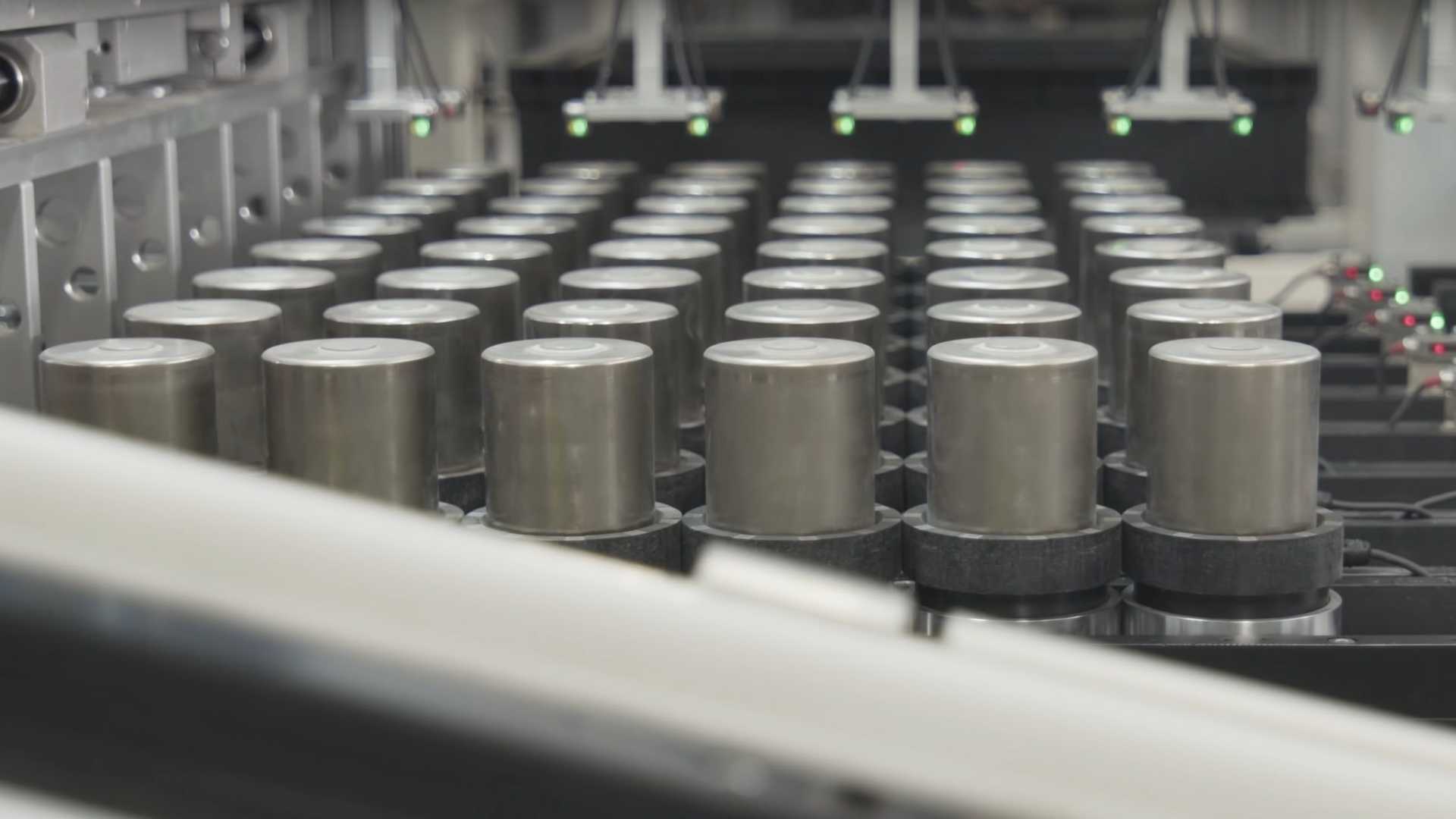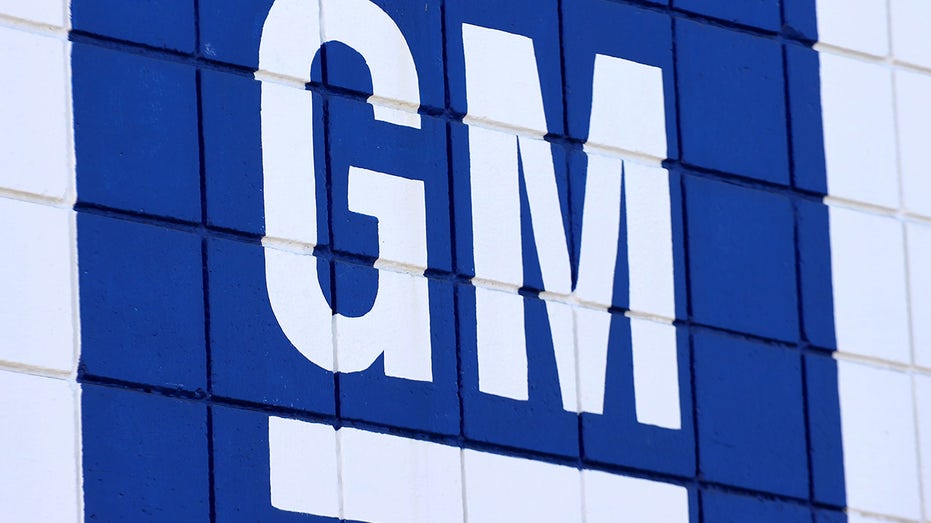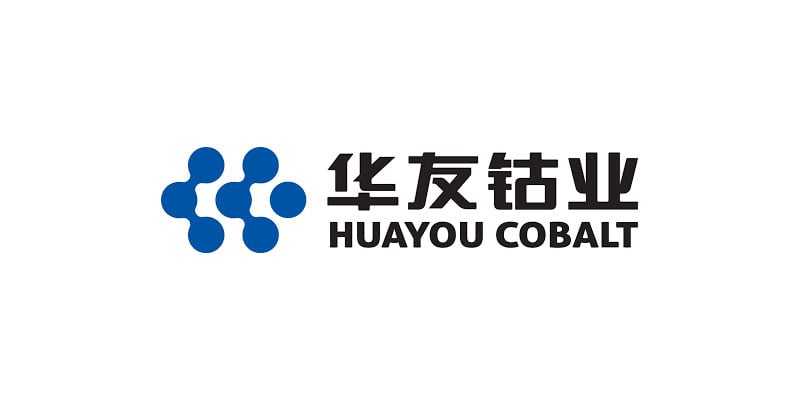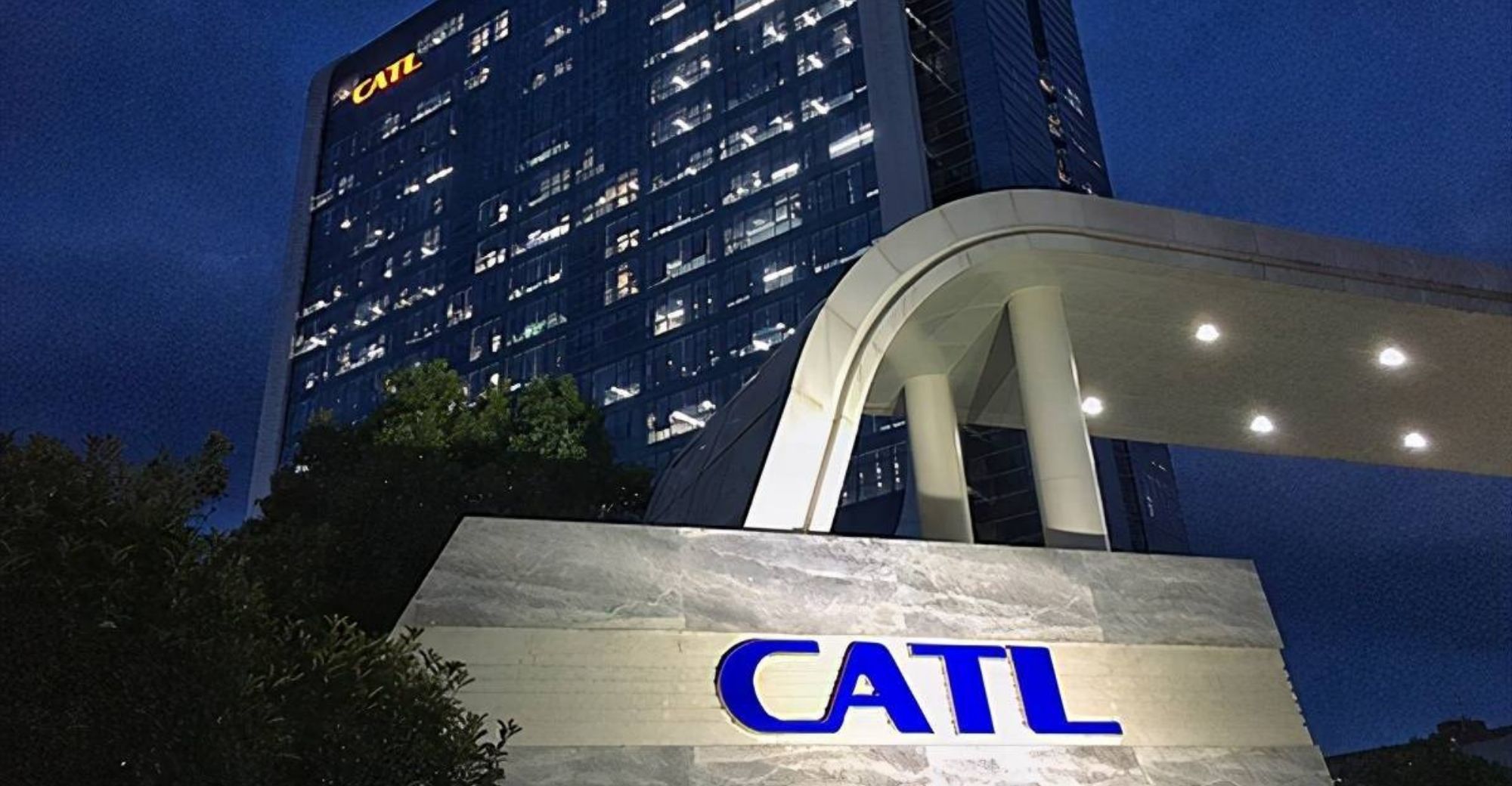Lithium producers worldwide are expressing growing apprehension regarding potential setbacks in mine permitting, staffing shortages, and inflation, which could impede their ability to meet the aggressive timelines for supplying the crucial battery metal required for global electrification efforts.
Once considered a niche metal primarily used in ceramics and pharmaceuticals, lithium has now become one of the most sought-after metals globally due to the ambitious electric vehicle (EV) plans put forth by major automakers such as Stellantis and Ford.
The speed at which electric vehicles can replace internal combustion engines, a pivotal objective of the green energy transition, hangs in the balance.
Stu Crow, chairman of Lake Resources, voiced his concerns about the potential crisis situation where battery companies might face a lack of secure lithium feedstock. He shared these worries during the Fastmarkets Lithium and Battery Raw Materials conference in Las Vegas, stating, “There’s a disconnect between the panic that we’re seeing here, and the frenetic activity of trying to secure supply within the industry.”
Lake Resources, joining the growing list of lithium companies experiencing delays, recently announced a three-year setback in the first production from its Kachi lithium project in Argentina. The delay was attributed to logistical concerns, including power supply.
Albemarle, the largest lithium producer globally, has been expanding its operations across the Americas, Asia, and Australia. However, it still expects a shortfall in global lithium supply of 500,000 metric tons by 2030. While there are slight variations in projections among consultancies and other producers, all point to an impending shortage.
Eric Norris, head of Albemarle’s lithium business, described the situation as a significant challenge.
According to Fastmarkets, there were 45 lithium mines operational last year, with an expected 11 openings this year and seven more next year. However, this rate of development falls far short of what industry consultants believe is necessary to ensure adequate global supply.
These growth estimates assume an ideal scenario, despite mining companies grappling with difficulties in hiring skilled technical personnel, escalating costs, and prolonged wait times for critical equipment.
Even if additional lithium mines are established, there remains a scarcity of facilities capable of producing specialized types of lithium required for batteries. Automakers may be compelled to accept lower-quality lithium, which adversely affects the range of electric vehicle batteries, as highlighted by industry executives.
Sarah Maryssael from Livent, a supplier to Tesla and set to merge with rival Allkem later this year, emphasized the disparity between lithium extracted from the ground and the lithium used in batteries.
The Fastmarkets conference, once a niche event attracting industry enthusiasts, has expanded rapidly alongside the surging demand for lithium. Attendance this year reached approximately 1,100, nearly triple the levels seen in 2019 and up 68% from the previous year.
Notably, oil companies like Exxon Mobil, SLB, and Equinor have entered the battery metals sector and were represented at the conference. Banking giants JPMorgan, Goldman Sachs, and BMO Capital Markets, among others, also attended, driven by the anticipation of a wave of lithium takeover deals and the rising demand for hedging and financial instruments.
Rahim Bapoo, managing director of BMO’s critical minerals practice, stated, “Our strategic investment and M&A pipeline is extraordinarily strong.”
Highlighting the frantic search for lithium, Mitsui is on the verge of finalizing a $65 million deal with Atlas Lithium to secure supply from a Brazilian mine project that is still under design.
Tara Berrie from EV manufacturer Rivian emphasized the need for ongoing investment to prevent further delays to already extensive lithium timelines, stating, “Investment has to continue, otherwise there will be more delays to (lithium) timelines that are already massively long.”






